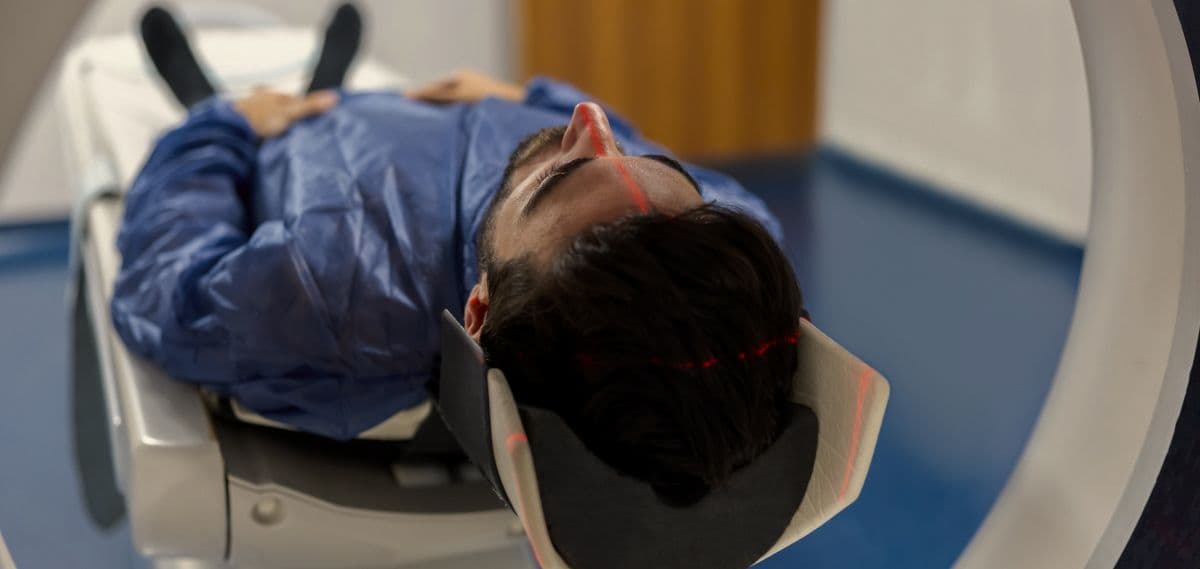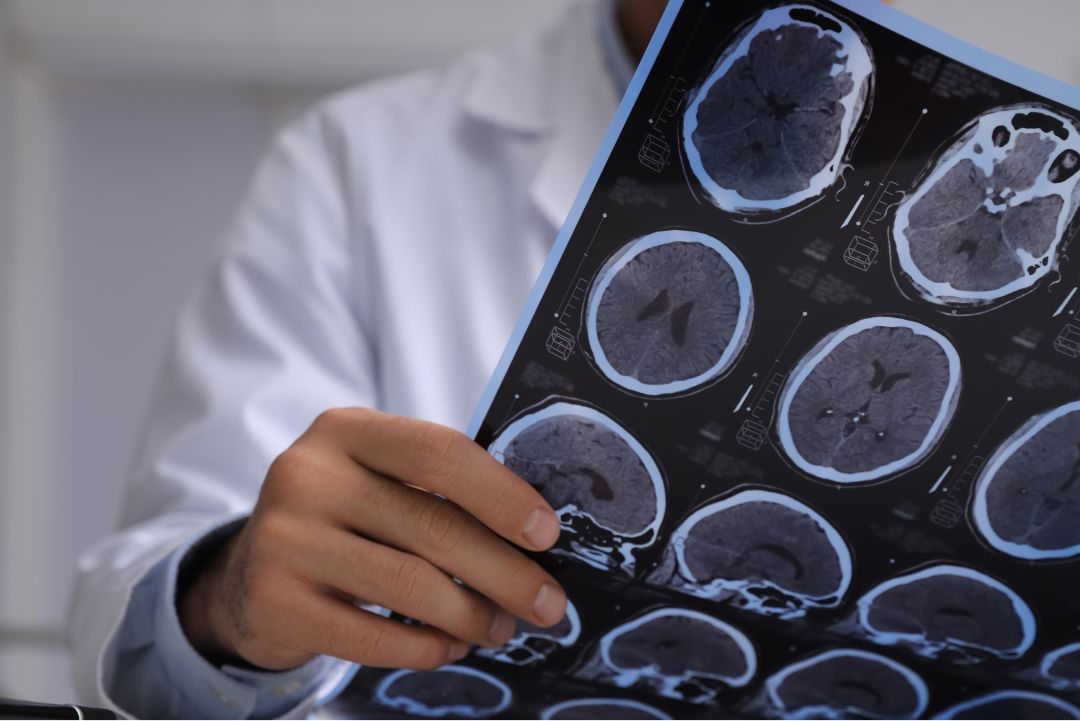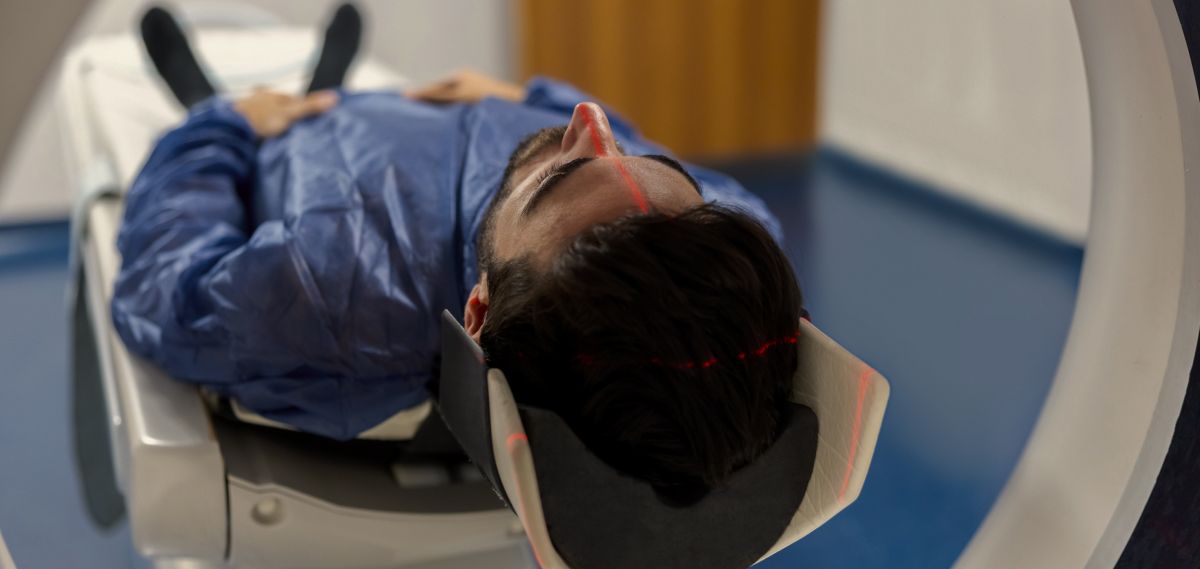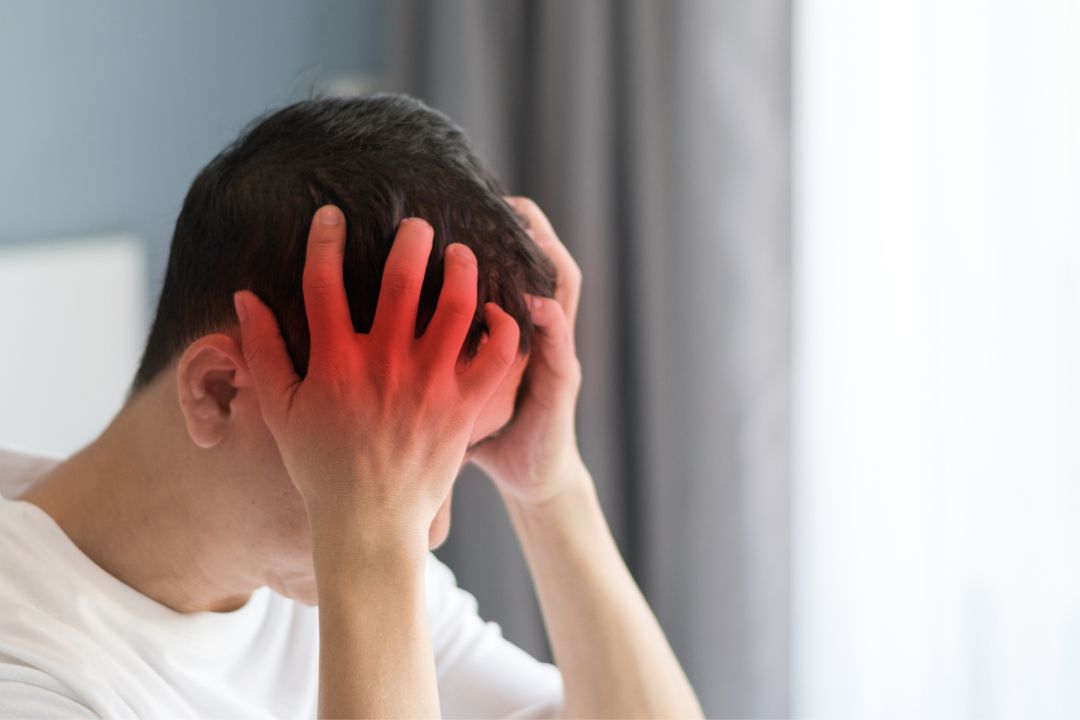
Pituitary Gland Testing: Assessing Hormonal Injury After TBI


A traumatic brain injury (TBI) can have far-reaching consequences, sometimes disrupting the delicate balance of hormones produced by the pituitary gland. This gland,located at the base of the brain, plays a critical role in regulating various bodily functionslike growth, metabolism, and reproduction. While not a routine part of the initial TBI workup, pituitary gland testing can be a valuable tool to assess potential hormonal deficiencies caused by the injury.
Here's a breakdown of pituitary gland testing in the context of TBI:
•Why Test?
Hormonal Imbalance: A blow to the head can damage the pituitary gland or its connection to the hypothalamus (a brain region that controls hormone production). This damage can lead to an underproduction of hormones (hypopituitarism).
Symptoms: Hormonal deficiencies can manifest through various symptoms, such as fatigue, weight gain or loss, changes in sleep patterns,decreased libido, or difficulty concentrating. Early detection is crucial for proper treatment and improved quality of life.
•Types of tests:
•Blood Tests: These measure circulating hormone levels in the blood. Common tests might assess:
Thyroid-Stimulating Hormone (TSH): Checks thyroid function, as the pituitary gland regulates thyroid hormone production.
Adrenocorticotropic Hormone (ACTH): Assesses adrenal gland function, as the pituitary gland stimulates cortisol production.
Follicle-Stimulating Hormone (FSH) and Luteinizing Hormone (LH): Evaluates sex hormone production.
Growth Hormone (GH): Measured indirectly through Insulin-like Growth Factor 1 (IGF-1).
Dynamic Testing: These tests use medications to stimulate the pituitary gland and assess its response. They may be necessary to confirm suspected hormone deficiencies.
•Importance of Timing:
Acute vs. Chronic: Hormonally induced symptoms after TBI may not be immediately apparent. Testing might be recommended 3-6 months post-injury to allow time for any hormonal deficiencies to manifest. Repeated testing may be needed over time, especially if symptoms persist
•Integration with Treatment:
Hormone Replacement Therapy: If testing reveals hormone deficiencies,treatment typically involves replacing the missing hormones. This can significantly improve symptoms and quality of life.
TBI Recovery: Addressing hormonal imbalances can contribute to overallTBI recovery by promoting healing and restoring bodily functions.
McDonald Trial Lawyers understand the complexities of TBI. We can help you navigate the often-challenging process of identifying and addressing hormonal injuries. We'll work with healthcare professionals to ensure you receive the proper testing and treatment needed for a comprehensive recovery.
Learn more about Traumatic
Brain Injuries Treatments Available:
Request Free Consultation
Start your Free Case Evaluation by using the form below. You’ll get a fast response from one of our team members







